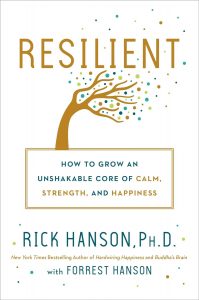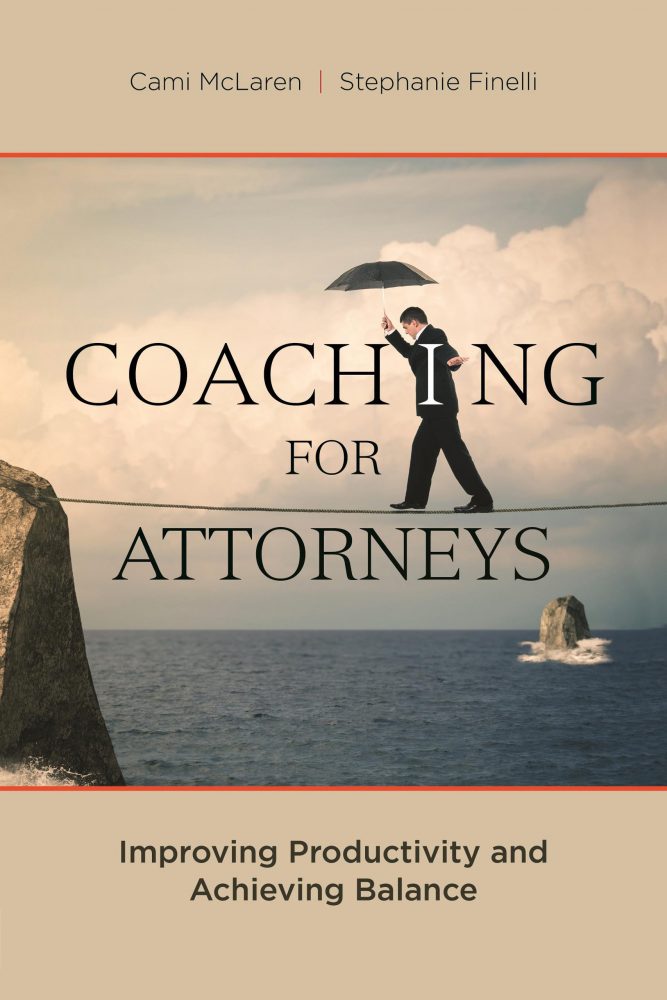This blog series is on how to give useful feedback. We are working through the following model. Because feedback is just information, this model is appropriately called INFO:
Inquire: The first step always is to find out if your feedback is wanted. (http://www.mclarencoaching.com/how-to-give-feedback-part-I/)
Neutral: Next, ask yourself why you are offering feedback and make sure your motivation is to convey useful information, and not to be vindictive or judgmental. (See prior blog (http://www.mclarencoaching.com/are-you-ready-to-give-feedback/) for useful and non-useful reasons for giving feedback.)
Factual: While opinion feedback can be useful in some situations, to have it be effective and neutral, be sure your feedback is factual.
Observable: Finally, feedback should be on something that you have observed and not something that you have heard about or imagine may have happened.
Today’s blog is on the second element, “neutral.”
2. Neutral – This is one of the hardest parts. Do not give feedback if you are feeling judgmental or angry at the recipient of your feedback. Before offering feedback, ask yourself, “Why am I offering this feedback?” Be honest with yourself. The only legitimate reason to offer feedback is to help that person see something they cannot see and which will help them.
Let me illustrate neutrality by way of example. One of the most obvious examples I have seen is when couples learn the skill of feedback. Then they go home and husband observes wife getting mad at their child when he talks back. Husband is bothered by this and says to wife, “I have some feedback for you. You got really mad and you were mean to little Johnny when he was talking to you, and now he won’t want to talk to us about what is happening in his life.” There are a couple problems with this. First, wife didn’t ask for feedback and husband did not ask wife if she wanted it (step one). Second, this contains a lot of information that is not feedba ck, but is actually the husband’s opinion (step three). We will discuss this more later in the formula. And finally, husband is not giving wife the feedback as information, to help her with something she wants, but as judgment. He is not doing it for her. He is doing it for himself. This is step two. Do not offer so-called “feedback” solely to make another person change to do something the way you want it done. A good rule of thumb is that if you want to give the information in order to make yourself feel better, it is not appropriate as feedback. Just because you start your statement with “I have feedback for you,” does not make it feedback. Feedback is not a sword. It is a gift.
ck, but is actually the husband’s opinion (step three). We will discuss this more later in the formula. And finally, husband is not giving wife the feedback as information, to help her with something she wants, but as judgment. He is not doing it for her. He is doing it for himself. This is step two. Do not offer so-called “feedback” solely to make another person change to do something the way you want it done. A good rule of thumb is that if you want to give the information in order to make yourself feel better, it is not appropriate as feedback. Just because you start your statement with “I have feedback for you,” does not make it feedback. Feedback is not a sword. It is a gift.
A final note: even if you start with information that you want to give because you are mad and you want to make that person change, it is possible to later deliver that information as feedback. If you are able to turn your attention inward, figure out why you are upset and let go of the energy you have around the topic, you might later be able to deliver the feedback neutrally. If, however, you cannot feel neutral about your feedback, don’t give it. A rule of thumb is, if you are angry about it, then it’s more about you and your feelings than it is about them and offering useful information.








